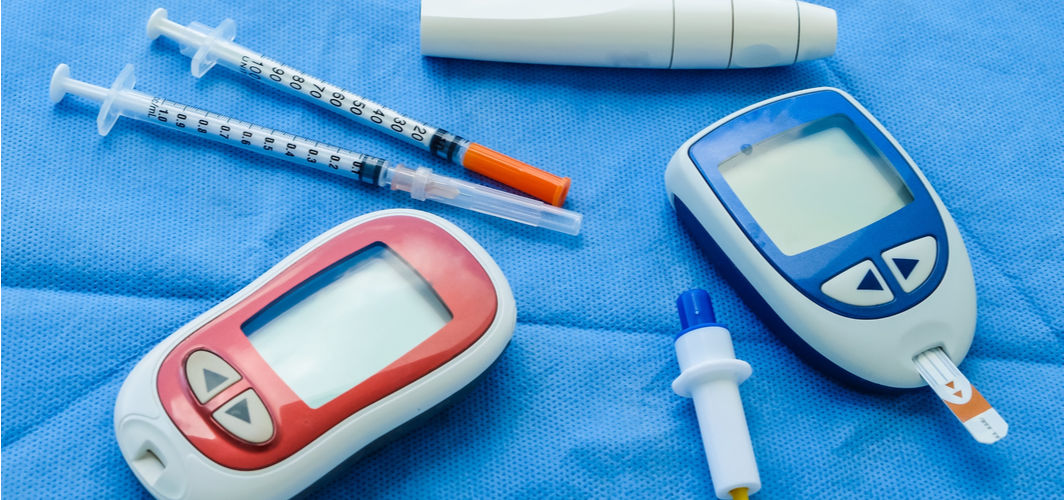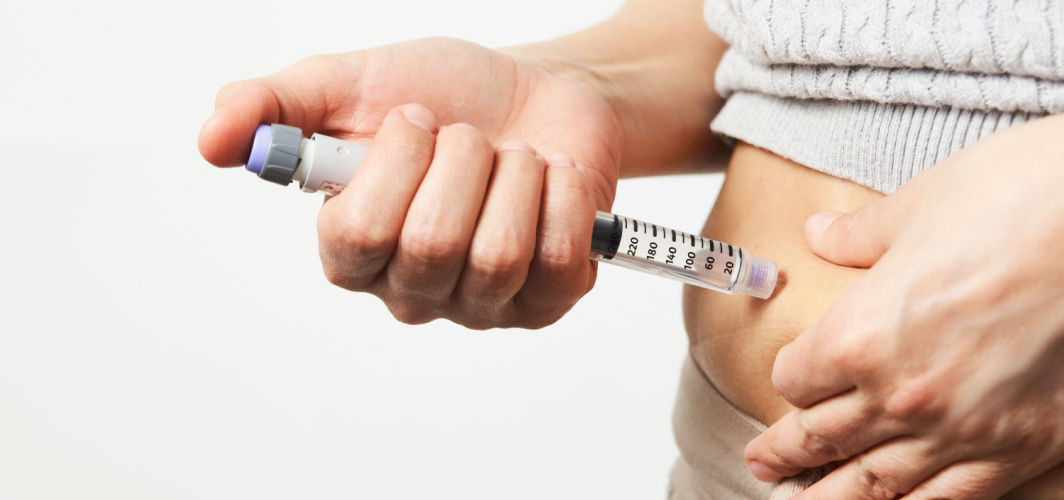Diabetes Management
Overcoming Diabetes in Sports: Tips and Tricks for Athletes
2 min read
By Apollo 24|7, Published on - 13 March 2024, Updated on - 14 March 2024
Share this article
0
0 like
.jpg?tr=q-80)
Diabetes doesn't mean giving up on your sporting dreams. Many professional athletes have excelled in their respective fields while successfully managing their diabetes. However, it does call for careful planning, especially when it comes to maintaining safe blood sugar levels during exercise and sports activities.
The Starting Line: Exercise & Diabetes
Exercise is a vital part of diabetes management. Its benefits extend beyond aiding in weight management and mental health. Regular exercise can also lower the risk of cardiovascular diseases. Here are some key points to keep in mind:
- Different exercises have varied effects on blood glucose levels. Endurance activities such as walking and cycling usually lower glucose levels, while high-intensity interval training and resistance training may cause fluctuations.
- Insulin adjustments may be necessary depending on the type, duration, and intensity of the exercise. It's recommended that athletes reduce their basal insulin dose before and during exercise, and adjust bolus insulin for meals or snacks around workout times.
Mastering the Game: Insulin Management
Just as the perfect pass is crucial in a football game, insulin hormone management is essential to a diabetic athlete's playbook. Pay attention to meal timing, blood sugar tracking, medication, basal/bolus insulin adjustments, and hydration.
Fueling Up: Dietary Considerations
The energy demands of different sports activities determine the carb intake of an athlete with diabetes:
- Lower-intensity exercises typically call for more carbohydrates.
- For higher-intensity workouts, there might be a need for less insulin but more carbohydrates.
In the Field: Hydration & Monitoring
When it comes to exercise, hydration is as essential as glucose regulation:
- Ensure adequate hydration during any physical activity.
- Using Continuous Glucose Monitors (CGMs) can help track glucose levels before, during, and after physical activity.
Remember that with careful planning and the right support, one's athletic ambitions do not have to be sidelined because of diabetes. Many professional athletes have demonstrated this through their success in sports.
Winning Strategies for Athletic Success
Regular exercise benefits individuals with both Type 1 and Type 2 diabetes. However, it's crucial to maintain glucose levels during physical activity. Staying hydrated and monitoring blood sugar levels can help prevent episodes of low blood sugar during exercise and ensure optimal health and performance.
In conclusion, remember that diabetic athletes can continue to excel in sports by managing their blood sugar levels, regulating insulin use, and accommodating sport-specific challenges. You can maintain your health and performance with close monitoring and individualized approaches. After all, the playing field is not just about competition; it's about celebrating the human spirit!
Diabetes Management
Consult Top Diabetologists
View AllLeave Comment
Recommended for you

Diabetes Management
What Travel Essentials Should People with Diabetes Carry?
To ensure proper diabetes management while traveling, individuals should pack essential items such as a glucose meter, oral diabetes medications, insulin or insulin pump with supporting documents, insulin and syringes, test strips, lancing device and lancets, non-medical supplies, fast-acting glucose, glucagon emergency kit, small packaged snacks, prescription, medical history, and health insurance card.

Diabetes Management
How Type 2 Diabetes May Be Linked to an Unhealthy Gut?
A recent study found that Lactobacillus, a microbe containing numerous bacterial strains and found in probiotics and fermented foods like pickled vegetables and fortified dairy products, can improve metabolism and reduce the risk of diabetes. Another study revealed that individuals consuming a high-fibre diet possess higher levels of indolepropionic acid in their blood. This anti-inflammatory agent, produced by gut bacteria, helps lower the risk of developing type 2 diabetes in the future.

Diabetes Management
How to Test for Insulin Resistance
To test for insulin resistance as a diabetic, common methods include fasting glucose and insulin tests. These help assess how your body manages blood sugar. Pay attention to risk factors like age, family history, and lifestyle. If diagnosed, focus on lifestyle changes—adopt a balanced diet, engage in regular exercise, and monitor your blood sugar levels. Early detection is key to effective management, empowering you to make informed choices for better health. Always consult with your healthcare provider for personalised guidance.
Subscribe
Sign up for our free Health Library Daily Newsletter
Get doctor-approved health tips, news, and more.
Visual Stories

8 Fruits That are Incredibly Healthy for Diabetes
Tap to continue exploring
Recommended for you

Diabetes Management
What Travel Essentials Should People with Diabetes Carry?
To ensure proper diabetes management while traveling, individuals should pack essential items such as a glucose meter, oral diabetes medications, insulin or insulin pump with supporting documents, insulin and syringes, test strips, lancing device and lancets, non-medical supplies, fast-acting glucose, glucagon emergency kit, small packaged snacks, prescription, medical history, and health insurance card.

Diabetes Management
How Type 2 Diabetes May Be Linked to an Unhealthy Gut?
A recent study found that Lactobacillus, a microbe containing numerous bacterial strains and found in probiotics and fermented foods like pickled vegetables and fortified dairy products, can improve metabolism and reduce the risk of diabetes. Another study revealed that individuals consuming a high-fibre diet possess higher levels of indolepropionic acid in their blood. This anti-inflammatory agent, produced by gut bacteria, helps lower the risk of developing type 2 diabetes in the future.

Diabetes Management
How to Test for Insulin Resistance
To test for insulin resistance as a diabetic, common methods include fasting glucose and insulin tests. These help assess how your body manages blood sugar. Pay attention to risk factors like age, family history, and lifestyle. If diagnosed, focus on lifestyle changes—adopt a balanced diet, engage in regular exercise, and monitor your blood sugar levels. Early detection is key to effective management, empowering you to make informed choices for better health. Always consult with your healthcare provider for personalised guidance.

